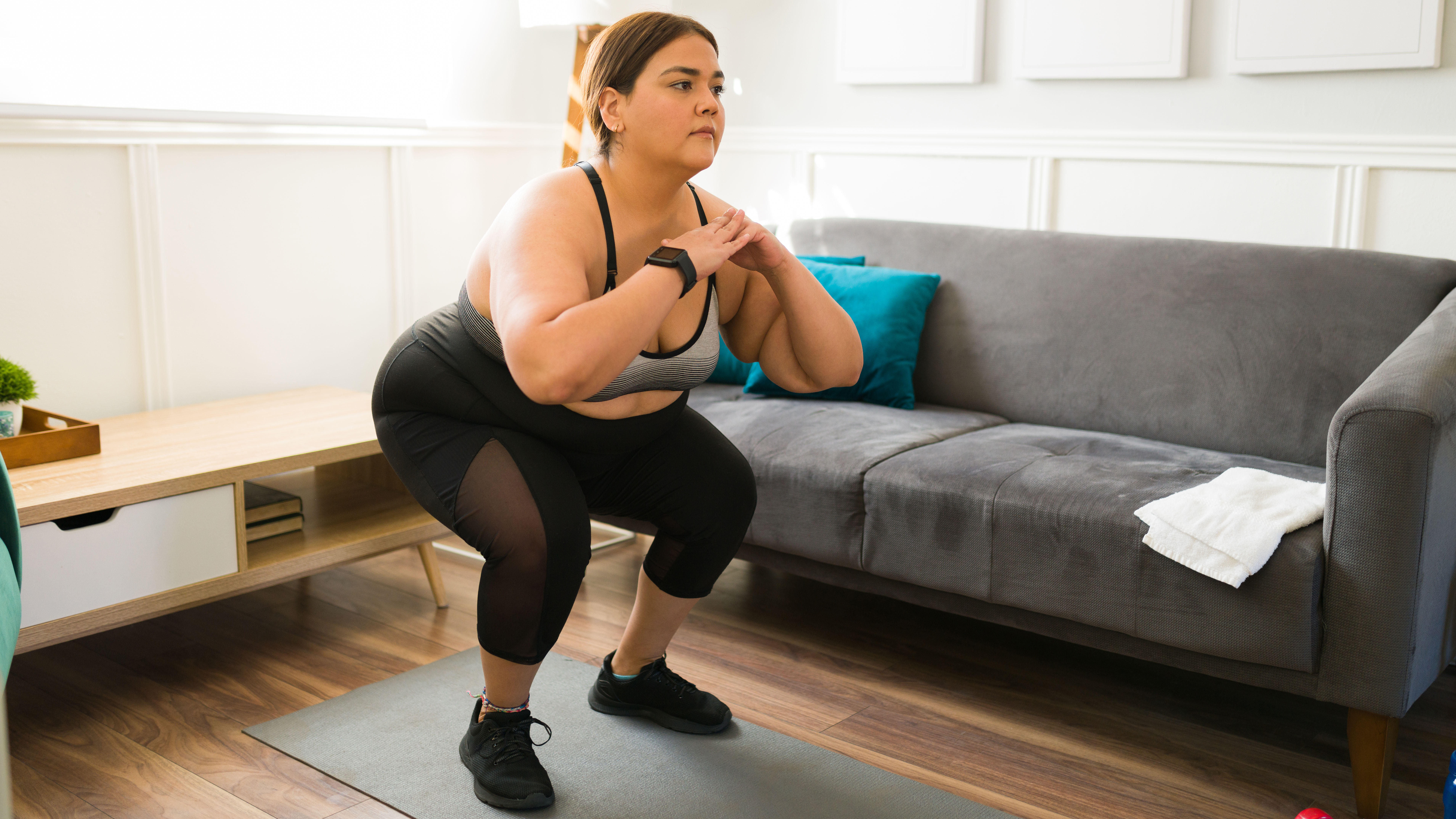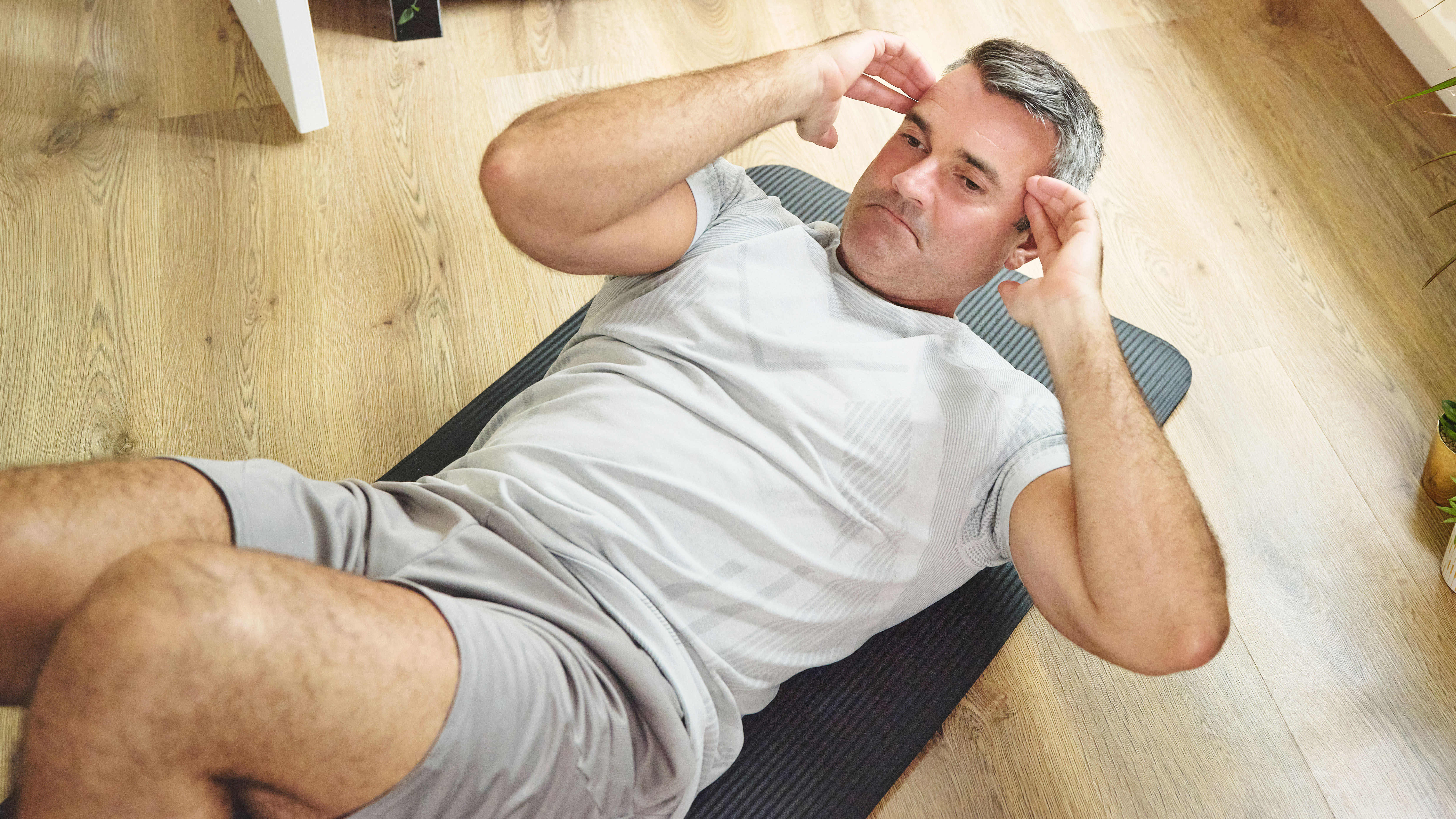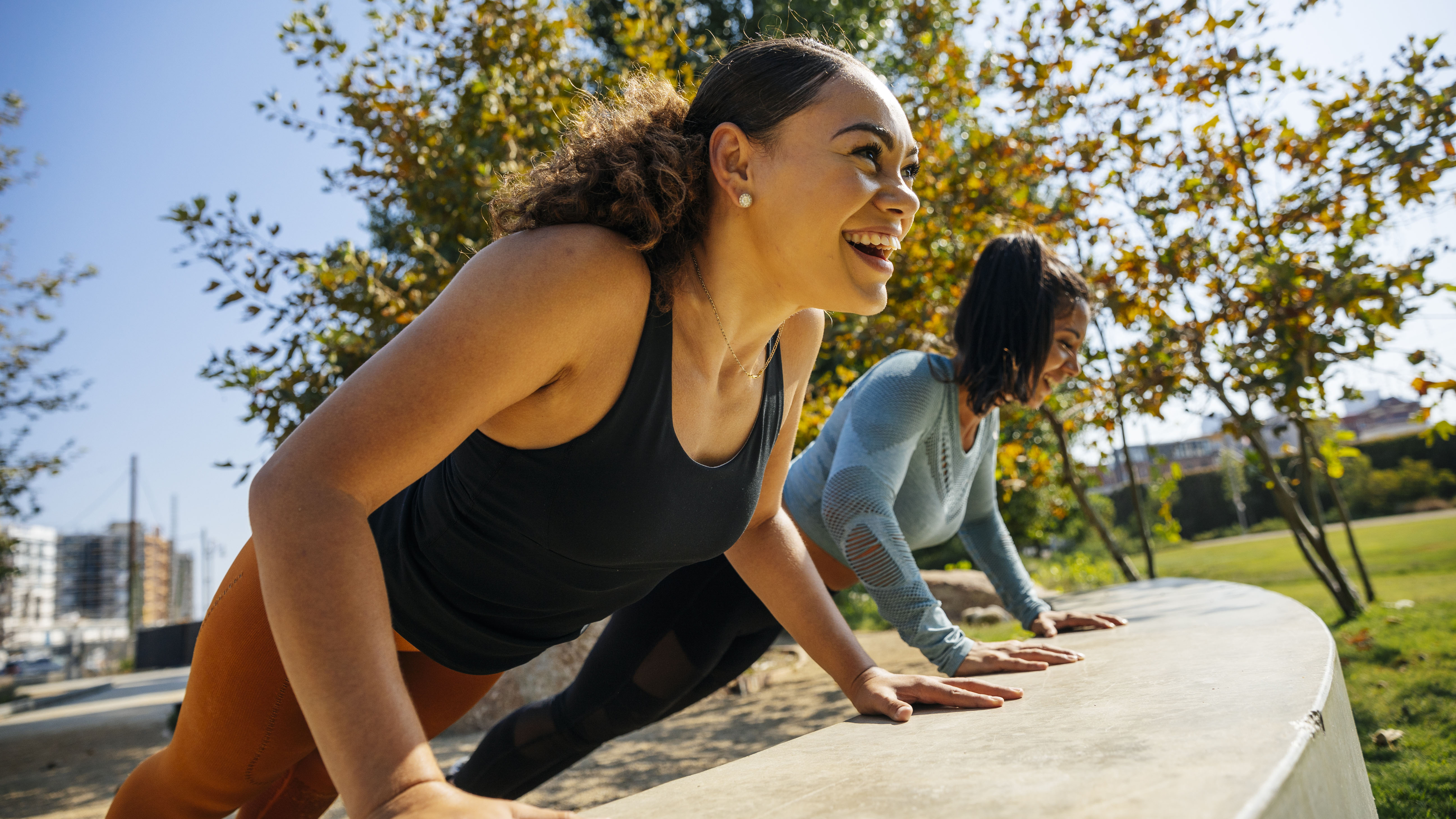Do 30-day fitness challenges actually work?
Do 30-day fitness challenges work? Here’s what the experts say

The 30-day fitness challenge has been around since the dawn of the Internet age, but there’s still no consensus as to whether or not it’s an effective training tool. This is partly due to the range of different workout plans that fall under the 30-day-challenge umbrella, which range from isolated exercises of specific muscle groups (like plank exercises) to full-body workouts that switch gears daily.
We chatted with an expert kinesiologist about the trend, who suggested that while you can achieve general fitness improvements in this time period, you might not see dramatic visual results. Any physical improvements you do see will depend on your body chemistry, baseline fitness regimen, and, of course, the exercises themselves.
If you want to make a sustainable change to your fitness levels you need to work out regularly. You could try hitting the gym more frequently or sweating it out at home on one of the best exercise bikes. But if you're about to launch into a 30-day challenge, here's what you can expect to achieve.
Short-term benefits
Here’s the good news: you may well see some improvements in your overall fitness after participating in a 30 day challenge.
Marcus Lawrence, PhD, CSCS, and assistant professor at Southern Utah University’s department of kinesiology and outdoor recreation, told Live Science, “For general health related fitness goals of improving cardiorespiratory fitness, musculoskeletal fitness, or body composition, we generally find 3 to 5 weeks are needed for individuals to see some changes.”

Marcus Lawrence is currently an assistant professor at Southern Utah University in the Department of Kinesiology and Outdoor Recreation. He did his undergraduate work at California State University Monterey Bay, his Master's work at Appalachian State University, and his Doctoral work at The University of North Carolina at Charlotte, and his Postdoctoral work at Colorado State University and Oklahoma Medical Research Foundation.
This means that a 30-day fitness challenge could help you get a jumpstart on some of your health-related goals. But Lawrence also cautions that the timeframe for achieving different fitness goals can vary—it can take several months of hard work to build up visible muscle, for example. Factors like the type of exercise you're doing, along with the frequency and intensity of workouts, can also have an impact on the timeframe for achieving results.
That said, exercise can impact your body and mind pretty immediately, even after just one workout. “There are immediate effects that happen to the human body following a single session of exercise, including, but not limited to, improved cognition, reduced anxiety and risk of depression, reduced post exercise blood pressure, as well as being a sleep aid,” says Lawrence.

Bear in mind that noticeable physical changes are almost always a result of a long-term, sustainable exercise routine. A 2015 study from Social Psychological and Personality Science shows that in order for weight loss to be apparent to others, it takes around a 2.93 change in BMI, specifically when it comes to the face.
Long-term benefits
The big question—and perhaps the most important one—is whether fitness challenges like this can have a positive and lasting impact on your overall health. Could the short-term challenge lead to long-term changes?
Despite the persistent rumor that it takes 21 days to build a habit, a 2009 study in the European Journal of Social Psychology found that it actually takes anywhere between 18 and 254 days to form a new habit. So, while 30 days might be enough for some, it might not cut it for everybody.
Lawrence backs this up: “There is some evidence that 30 days is a good starting point for individuals to get ingrained into an exercise routine to buy into their behavior change needed for health. Once individuals get over the initial hump that was preventing them from changing, hopefully they can maintain that change for the long-term. The ultimate goal needs to be long-term, not short term, but these fitness challenges could certainly provide the starting point for someone to make long-lasting changes for their health.”

If you do manage to complete the 30-day challenge without skipping a day, there could still be other environmental factors that make it harder for you to continue your new routine.
Lawrence says: “There is certainly evidence for genetics and environmental factors playing a role in fitness changes to any program...Environment can include things like access to healthy, nutritious foods, clean air and water, and also access to safe spaces where physical activity can be performed. And, regardless of genetics and environment, every person is unique and not all programs will work for every person.
“Also, people have differing starting levels of fitness, differing levels of intensity they can tolerate, and differing anatomy or past injuries that adds to each person needing an individualized plan. No one should follow a ‘cookie cutter’ or ‘one-size-fits-all’ fitness program and expect to get the same results as everyone else.”
Should you try a 30-day fitness challenge?
If one size doesn’t fit all when it comes to fitness, does that mean these 30-day challenges are all a wash? Well, no. The bottom line is that anything is better than no movement at all, and adding something onto your existing fitness routine will at best surprise you with effective results, but at worst be harmless.

“Along with proper nutrition, meeting the aerobic and resistance exercise physical activity recommendations, no matter how one does it, including fitness challenges, helps to prevent chronic diseases,” says Lawrence.
30-day fitness challenges aren’t quick fixes that will get you shredded overnight. But if you go about it with a healthy mindset—as with formulating any fitness regimen—the format can provide an opportunity for you to introduce new movement into your routine and work towards reaching your personal fitness goals.
This article is not meant to offer medical advice and readers should consult their doctor or healthcare professional before adopting any diet or exercise regime.
Sign up for the Live Science daily newsletter now
Get the world’s most fascinating discoveries delivered straight to your inbox.
Jamie Kahn is a Brooklyn-based journalist, editor, and certified yoga instructor whose work has been featured in HuffPost, Epiphany Magazine, The Los Angeles Review, Far Out Magazine, Atwood Magazine, and Live Science. She serves as the contributing features editor for Epiphany Magazine.











